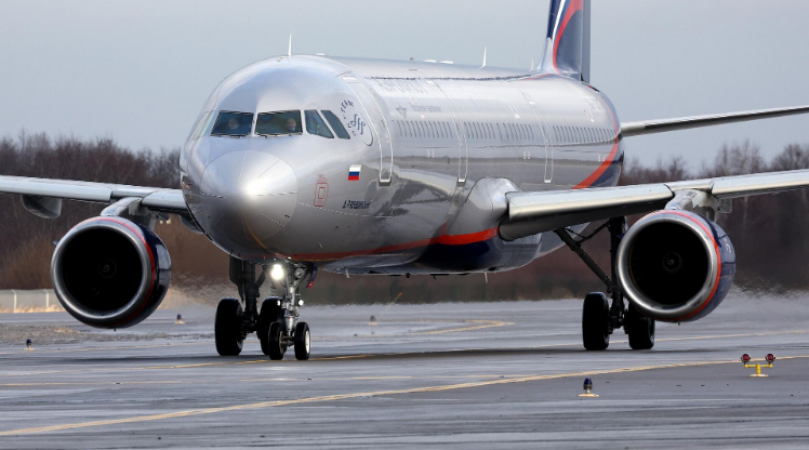
Moscow: According to Dmitry Drozdenko, editor-in-chief of the Russian military magazine Arsenal Otechestva (Arsenal of the Fatherland), the country's civil aviation sector, which was severely damaged by Western sanctions, is currently showing signs of recovery. However, this process will undoubtedly take time.
On Tuesday, the 2023 Krylya Rossii (Wings of Russia) Award will be presented in Moscow. A wide range of commercial aviation-related categories, such as domestic and international passenger transport, business aviation, and helicopter operations, will be recognised.
According to Drozdenko, "The Wings of Russia Award is related to not only air carriers but also airports, manufacturers, and technicians, among other things," he told Sputnik.
Before praising the efforts of Russian airmen to revive the nation's commercial aircraft industry, Drozdenko said of the sanctions: "As for them, they interfere with the work of our airlines and airports while also affecting security."
According to the chief editor of Arsenal Otechestva, increasing domestic production of civil aviation remains a top priority because, in the past, some domestically produced passenger aircraft, like the Sukhoi Superjet 100, contained a significant amount of foreign components.
Also Read: 8 people are killed in explosions at a Pakistani anti-terrorism office
Alexey Butrimov, the founder of the Russian business aviation firm Bjet, echoed Drozdenko's sentiments when he told Sputnik that full-blown import substitution is a challenging process that calls for obtaining the necessary paperwork, hiring qualified designers and workers, and receiving support within the confines of the Federal Aviation Regulations.
The US and its allies began imposing packages of "severe sanctions" on Russia soon after Moscow began its special military operation in Ukraine. This caused supply chains to become disrupted, which increased the price of energy globally and sparked inflation in both the US and the EU.
President Vladimir Putin recently emphasised that his nation has strengthened its economic sovereignty since 2022 and did not collapse as Russia's "enemy" expected as a result of the sanctions.
Also Read: DeSantis acknowledges Japan's military accumulation as being "strong"
With the ten sanction packages the EU has already put in place against Russia, the group has made it clear that it has no plans to increase the pressure going forward, citing worries that doing so might have an impact on industries that European nations "can't live without," like imports of fuel for nuclear power plants and precious metals.